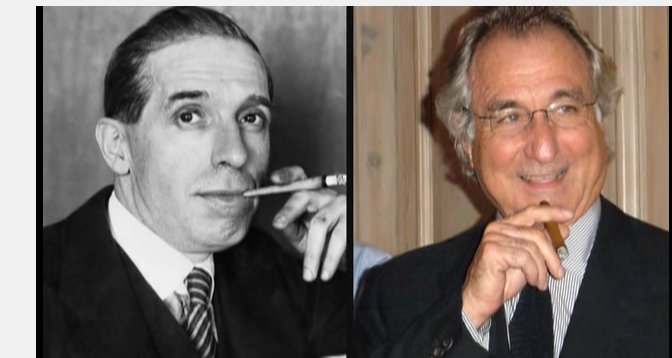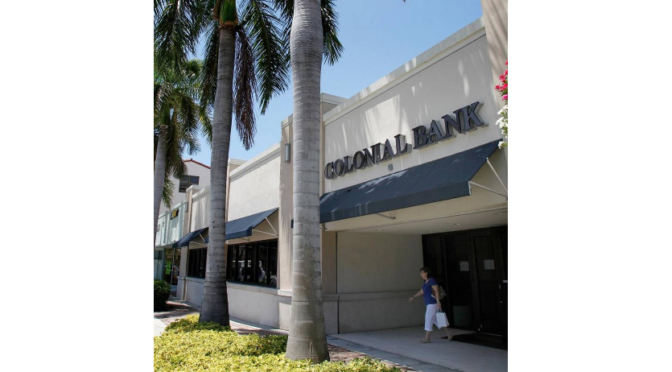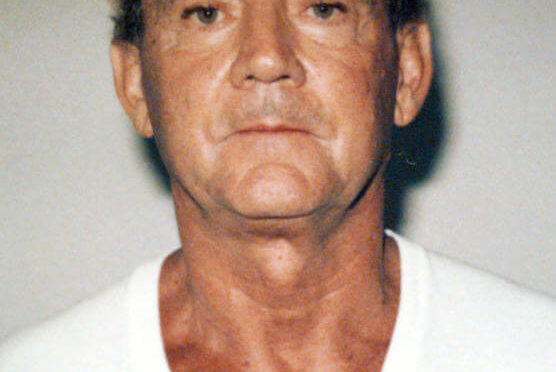Best Steroid Lawyers
Call Us 24 Hours A Day 800-270-8184 or Emergency Cell 818-355-4076
Arrested For Buying or Selling Steroids
Dealing With Steroids and HGH Charges
We handle all types of steroid criminal defense issues and cases in from the distribution of steroids to buying anabolic steroids to buying and selling human growth hormones (HGH) . We have handled major steroid drug distribution cases as well as successfully defended illegal steroid manufacturing and distribution steroid houses.
About Our Felony Steroid Defense Lawyers
Wise Laws has federal criminal defense lawyers who specialize in steroid defense cases ranging from minor possession to large-scale steroid distribution rings. Our experience includes federal drug cases of all types form steroids to meth to cocaine but he spends a lot of time practicing with cases dealing in the realm of performance enhancing substances and anabolic steroids as well SERMs, SARMS, Sermorelin Acetate, GHRP-6, GHRP-2, IGF-1 LR3, Pramipexole HCL, Isotretinoin, Tamoxifen Citrate, Clomiphine Citrate, AROMATASE INHIBITORS, Anastrozole, Letrozole, Exemestane, GW-501516, BETA AGONISTS, Liothyronine Sodium, Clenbuterol HCL, 5-ALPHA REDUCTASE BLOCKERS, Finasteride, ENZYME INHIBITORS, Sildenafil Citrate, Tadalafil Citrate. Steroid distribution / selling cases raise unique questions, issues, laws, and approaches that other types of drug cases do not raise. Wise Laws federal criminal defense lawyers have a distinct knowledge of those unique features and it is what separates them from other criminal defense attorneys that handle steroid and HGH distribution and manufacturing cases as if they were normal drug cases. Not every criminal defense lawyer can offer the experience and knowledge to defend you in a steroid selling, manufacturing and distribution case with steroid charges.
Felony Steroid Possession vs Felony Steroid Trafficking
The main difference from being charged with anabolic steroid possession versus being charged with possession of anabolic steroids with intent to distribute steroids can be the difference from getting probation compared to many years in jail or prison. With general drugs like cocaine and weed, it is easy to determine the use for personal versus selling based upon the weight amount, but steroid users do not follow the same sets of weights that those users do, so many steroid users get charged with selling rather than simple possession.
Steroid possession of what seems like large quantity of HGH and or anabolic steroid allows the prosecutors to determine that you were engaging in distribution and selling steroids as well when the reality it may have been just personal use. This is a mistake that can be pointed out by an experienced defense attorney regards steroid cases. Steroid users purchase in large amounts as opposed to cocaine users. This pertains to other chemicals besides steroids such as SERMs, SARMS, Sermorelin Acetate, GHRP-6, GHRP-2, IGF-1 LR3, Pramipexole HCL, Isotretinoin, Tamoxifen Citrate, Clomiphine Citrate, AROMATASE INHIBITORS, Anastrozole, Letrozole, Exemestane, GW-501516, BETA AGONISTS, Liothyronine Sodium, Clenbuterol HCL, 5-ALPHA REDUCTASE BLOCKERS, Finasteride, ENZYME INHIBITORS, Sildenafil Citrate, Tadalafil Citrate (research chemicals).
Tallahassee Steroid Lawyers – Orlando Steroid Lawyers – Dallas Steroid Lawyers – Fort Worth Steroid Lawyers – Honolulu Steroid Lawyers – Boise Steroid Lawyers – Bismarck Steroid Lawyers – Grafton Steroid Lawyers – Raleigh Steroid Lawyers – Durham Steroid Lawyers – Santa Fe Steroid Lawyers – Albuquerque Steroid Lawyers – Albany Steroid Lawyers – Phoenix Steroid Lawyers – Peoria Steroid Lawyers – Las Vegas Steroid Lawyers – Louisville Steroid Lawyers – Little Rock Steroid Lawyers – Los Angeles Steroid Lawyers – Miami Steroid Lawyers – Des Moines Steroid Lawyers – New Haven Steroid Lawyers – Indianapolis Steroid Lawyers – Detroit Steroid Lawyers – Joplin Steroid Lawyers – Biloxi Steroid Lawyers – Oklahoma City Steroid Lawyers – Portland Steroid Lawyers – Sioux Falls Steroid Lawyers – Nashville Steroid Lawyers – Memphis Steroid Lawyers – Houston Steroid Lawyers – Tacoma Steroid Lawyers – Minneapolis Steroid Lawyers – Provo Steroid Lawyers – Tulsa Steroid Lawyers –Annapolis Steroid Lawyers – Sacramento Steroid Lawyers – Denver Steroid Lawyers – Charlotte Steroid Lawyers – Boston Steroid Lawyers – Olympia Steroid Lawyers – Atlanta Steroid Lawyers – Santa Monica Steroid Lawyers – Malibu Steroid Lawyers – Tucson Steroid Lawyers – Scottsdale Steroid Lawyers – Beverly Hills Steroid Lawyers – Boca Raton Steroid Lawyers
Federal Sentencing Steroid Distribution Charges
Many lawyers believe that, under the Federal Sentencing Guidelines for steroid cases, there is not much room for the defense lawyer to advocate for his client that is charged with steroid distribution. These ineffective steroid defense lawyers approach sentencing in federal court, not as an opportunity to affect the outcome in a positive way for his client; but, rather, as an exercise in arithmetic. Their approach goes no further than to explain the sentencing guideline calculation to the client. Nothing could be less helpful to the defendant in a steroid distribution case.
What Federal Penalties Will I Face In A Steroid Distribution Case?
The Below Are The Federal Penalties For Steroid Distribution and Possession:
-
Simple possession of steroids with no prior offenses
-
Up to a year in federal prison; and/or
-
Minimum fine of $1,000.
-
Simple possession of steroids with certain prior convictions
-
Minimum 15 days in prison, and up to two years prison; and/or
-
Minimum fine of $2,000.
-
Possession of steriods with intent to sell
-
Up to five years prison; and/or
-
Minimum fine of $5,000.
What State Penalties Will I Face For Steroid Distribution?
-
Simple steroid possession can be defined
As either a misdemeanor or felony, and one may face jail time of up to 2 years if in a state where steroid possession is deemed a felony. A fine will usually be assessed in states that list steroids as a misdemeanor.
The distribution and sale of steroids is a felony in every state, and in some states, the penalty for the sale of steroids can be up to 7 years in prison according to law.





